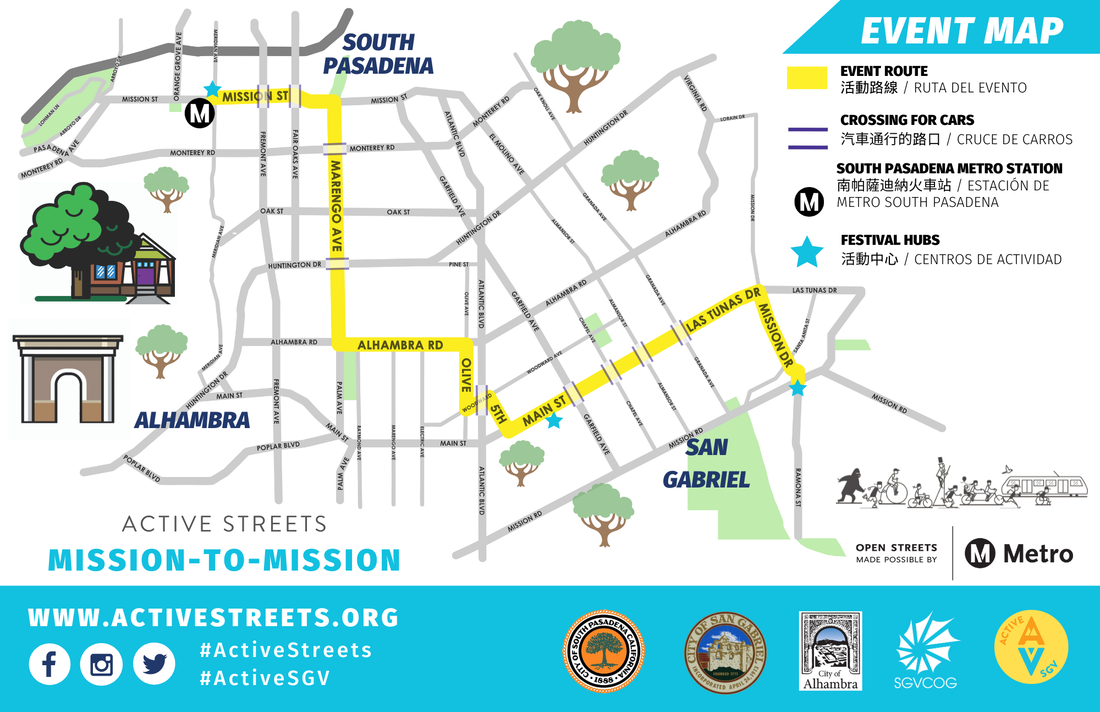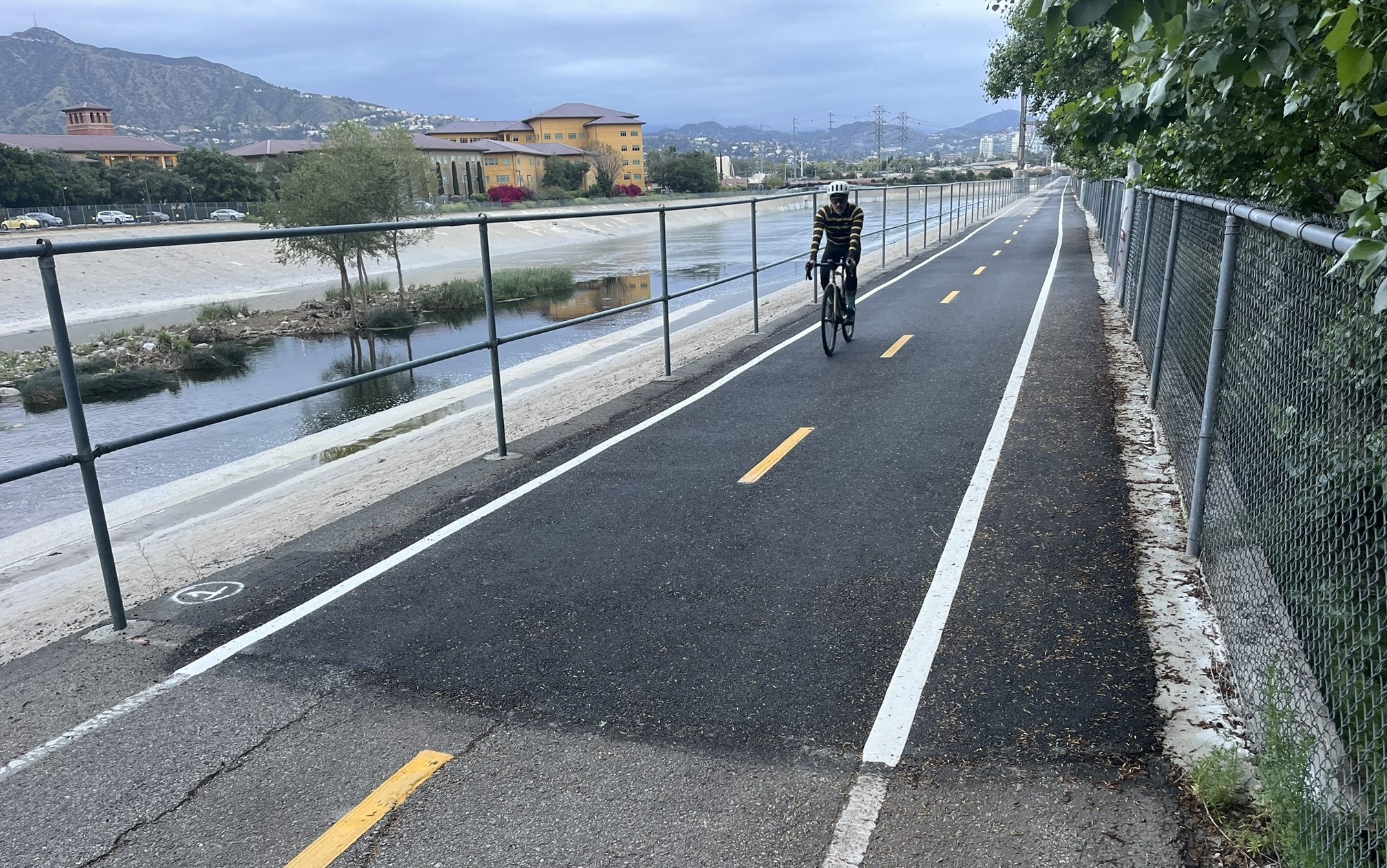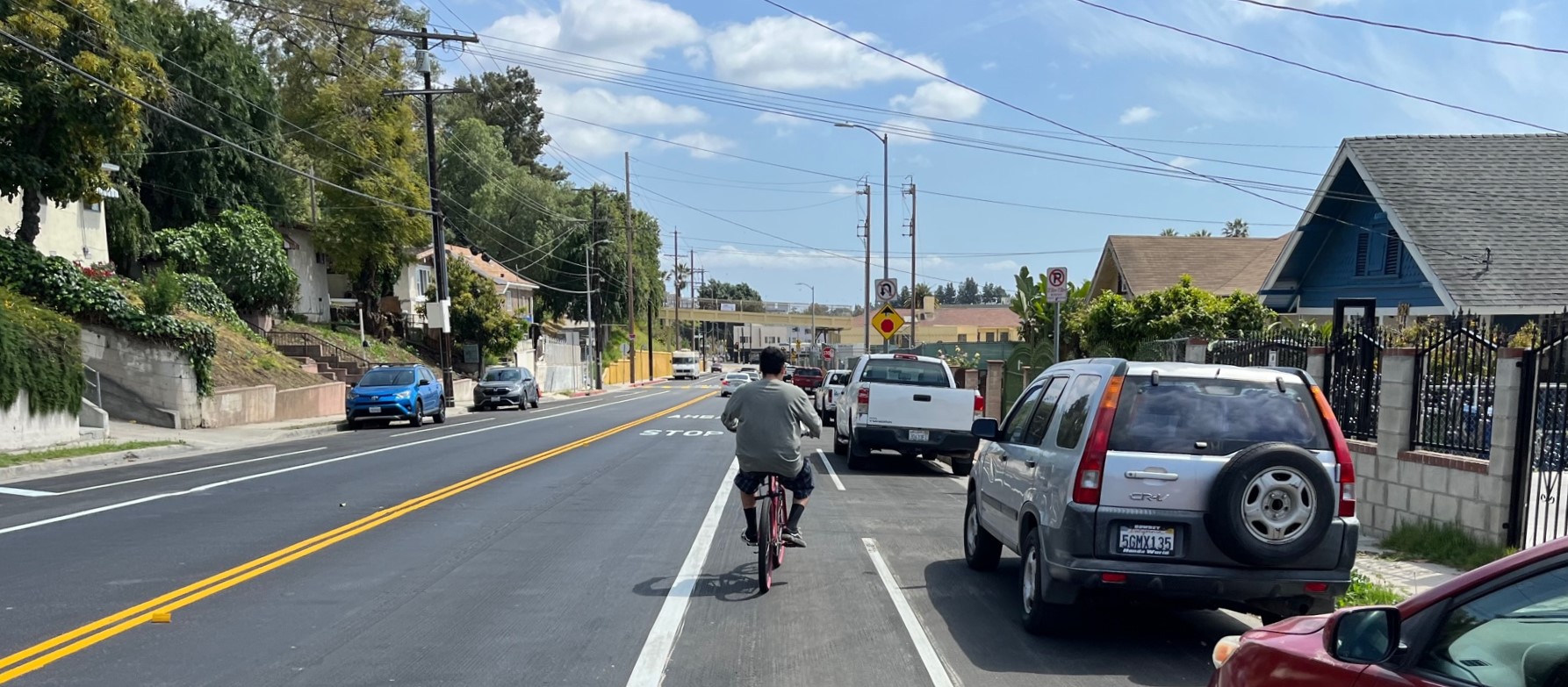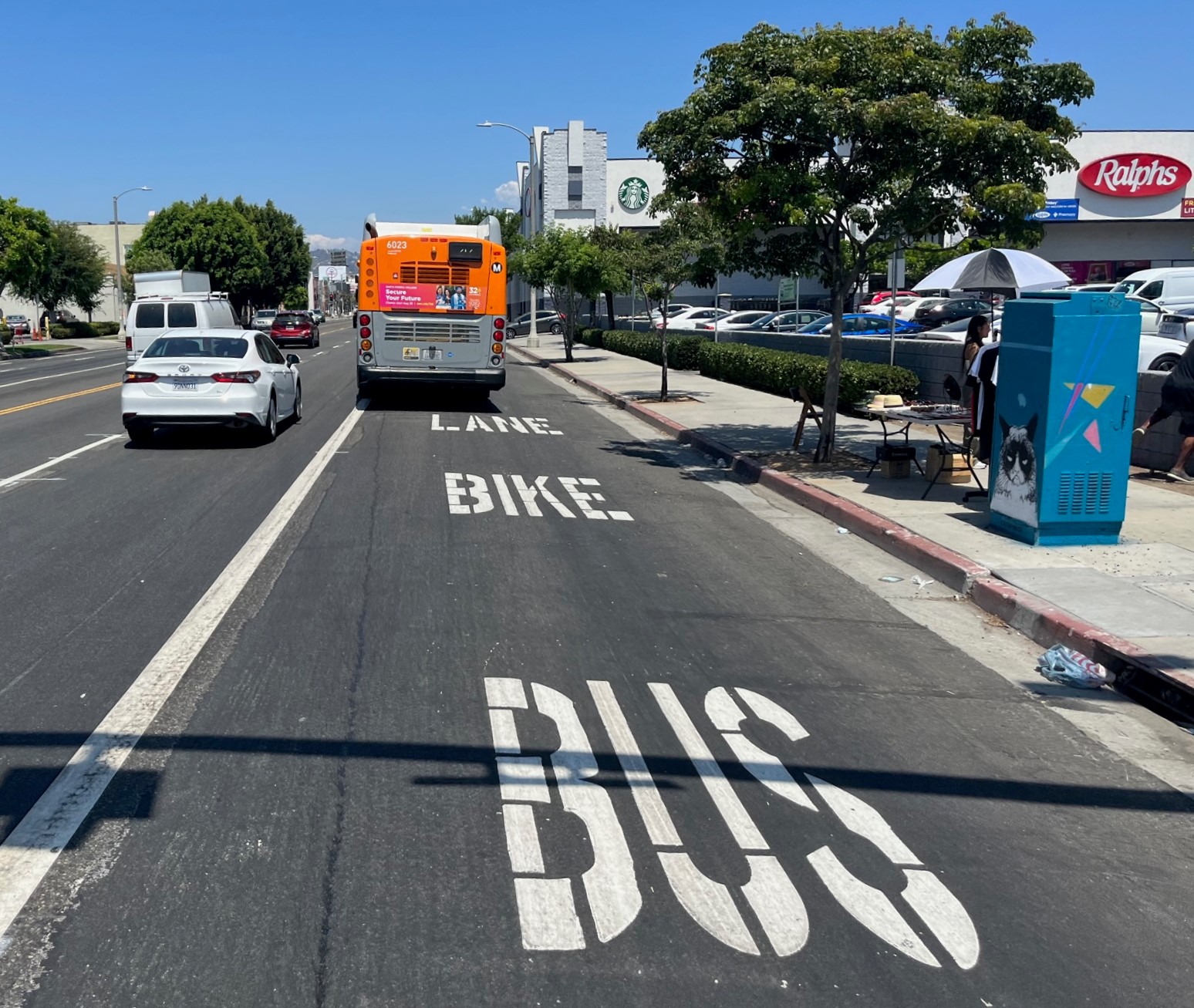We knew this election was going to have big repercussions for the future of our national transportation system.
Republicans will take the House and its committee chairmanships. And the winners of governors races in Ohio, Wisconsin and Florida have threatened to torpedo their segments in a proposed network of faster intercity rail.
There will be fits and starts on the long journey toward overhauling transportation policy in this country. But in an era of energy uncertainty and crumbling infrastructure, the single occupancy vehicle is an unsustainable, expensive and inefficient way for people to move. Transportation reformers have the stronger arguments to be made.
So today we bring you some information that may come in handy when your governor starts a high-pitched campaign against investing in transit. Or when the House starts debating the transportation bill. Remember, roads require a hefty public subsidy, writes Fairfax Advocates for Better Bicycling.
The FABB blog brings us this excerpt from Todd Litman of the Victoria Transportation Policy Institute:
According to the U.S. Consumer Expenditure Survey, in 2008 U.S. motorists spent on average approximately $2,700 per vehicle on ownership expenses (purchase, registration, insurance, etc.) and $1,400 on fuel and oil, about $4,100 in total. That year, governments spent $181 billion to build and maintain roadways (more if you include traffic services such as policing and emergency response), or about $730 annually per registered motor vehicle. Less than half of these roadway expenses are paid by motor vehicle user fees, the rest are borne through general taxes.
A typical urban parking space costs $5,000 to $25,000 to construct, resulting in $500 to $1,500 in annualized construction and operating costs. There are estimated to be at least three off-street parking spaces per vehicle worth about $3,000 annually in total per vehicle. This indicates that most vehicles are worth less than the road and parking infrastructure required for their use. For each dollar that a motorist spends on their vehicle, governments, businesses and consumers must spend at least another dollar to provide roads and parking facilities for their use.
If motorists were to pay directly for these facilities, as required for efficiency and equity, their user charges would approximately double.
It’s hard to argue with that, especially from the standpoint of fiscal responsibility. That doesn’t mean emboldened believers in highways won’t try. Advocates for sustainable transportation will need to keep their wits about them and their facts close in the coming political climate.
Elsewhere on the Network today: Rebuilding Place in the Urban Space reminds readers that central cities’ advantage over the suburbs lies in the quality of the “street experience.” Matt Yglesias crunches the numbers for national rail development and decides it’s a bargain. And Milwaukee Rising explores how urban water policy could fuel sprawl.





